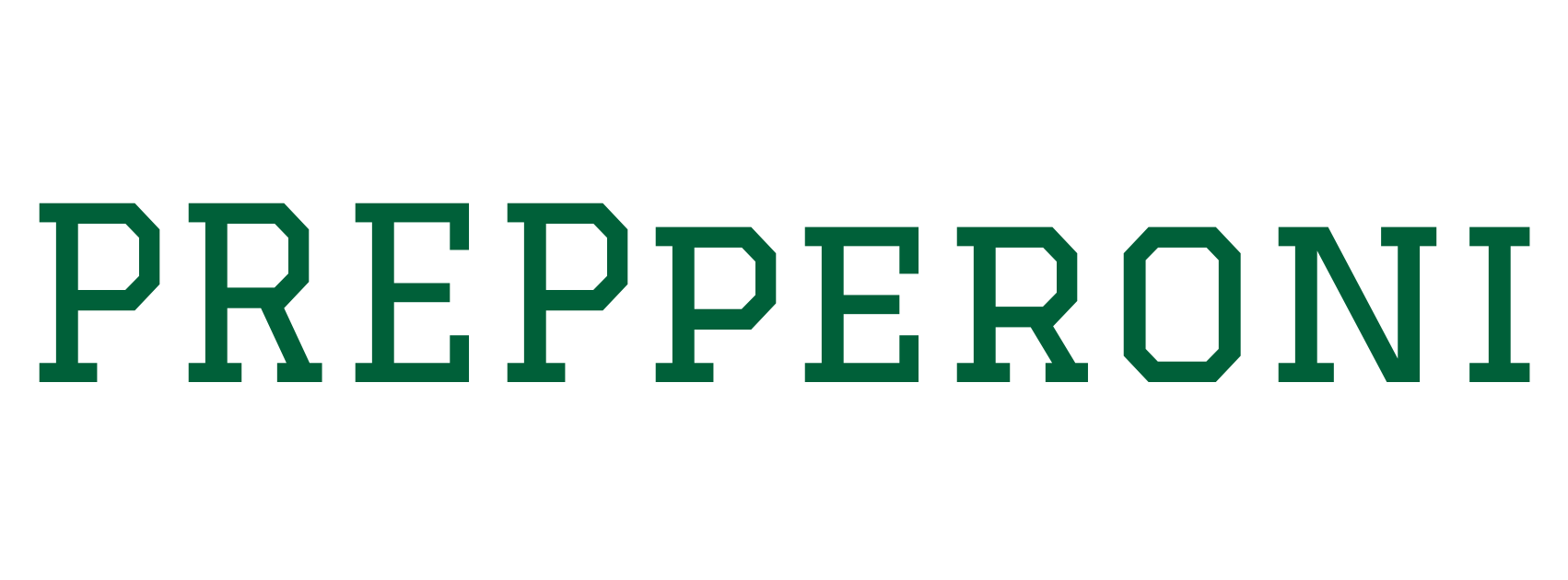The 7 Secrets of Smarter Test Prep
✅ 1. Match Your Study Plan to Your Timeline
The mistake most students make isn’t procrastination—it’s poor planning.
Cramming for six months and cramming for six days are not the same. Effective test prep always starts with understanding how much time you have and matching your study intensity to that window. A long timeline should prioritize deep learning and endurance. A short one should focus on review, speed, and confidence building.
Smart tip:
Break your plan into 3 phases—foundation, practice, and final review—regardless of timeframe.
✅ 2. Practice Tests Are Not Optional
The single most effective way to raise your score is through consistent, timed, full-length practice.
It’s not enough to study—you need to simulate. Real test conditions build stamina, help you internalize timing, and expose exactly what needs improvement. Even one practice test taken early can guide your entire study strategy.
Smart tip:
Treat every practice test like a dress rehearsal. Time it. Grade it. Study your mistakes.
✅ 3. Reviewing Mistakes > Reviewing Material
Your weaknesses are your best teachers.
Too many students review the right answers and feel good—but ignore the wrong ones that actually hold them back. Reviewing mistakes forces your brain to confront gaps, notice patterns, and build resilience. If you only review what you already know, you’ll never grow.
Smart tip:
Create a “mistake log.” Write down every error, what type it was, and what confused you. Review this log weekly.
✅ 4. Strategy Is Half the Battle
High scores aren’t just about what you know—they’re about how you take the test.
Smart test takers understand pacing, guessing strategies, elimination techniques, and how to skip and return. The best strategy? Know when to let go of a question and move on to save time for ones you can answer.
Smart tip:
Learn which questions to attack first, and practice managing time like a resource.
✅ 5. Active Learning Beats Passive Review
Reading your notes is not the same as studying.
Highlighting, rereading, and watching videos may feel productive—but your brain retains more when it's actively working. That means answering questions, explaining topics out loud, solving problems, or teaching the concept to someone else.
Smart tip:
Use the Feynman Technique: If you can’t teach it in simple terms, you don’t know it yet.
✅ 6. Test Day Confidence Starts Now
Nervousness often comes from the unknown. Confidence comes from repetition.
Waiting until the week of the test to get familiar with the format is a major mistake. Smart prep means simulating test day often—early and repeatedly—so by the time the real test comes, it feels like just another practice.
Smart tip:
Make “mini test days” a habit. Set a timer. Silence your phone. Work in silence. Train your brain for test conditions.
✅ 7. One-Size-Fits-All Study Plans Don’t Work
Your test prep should fit your brain—not the other way around.
Some students learn best through visuals. Others through listening. Some need repetition. Others need to understand the logic behind everything. Effective prep means knowing your learning style and choosing methods that actually work for you—not just what your friend is doing.
Smart tip:
Audit your strengths and weaknesses. Adjust your study format, pace, and resources to match your learning style.
📌 Final Takeaway
Smarter test prep isn’t about working harder—it's about working strategically. Whether you’re preparing for the SAT, ACT, AP exams, the GED, or any competitive assessment, these seven principles will help you maximize your time, increase your retention, and walk into test day with confidence.
Which test can we PREP you for?
Prep Smarter with Audio Stories—Where Every Topic Turns Into a Story You’ll Never Forget.

